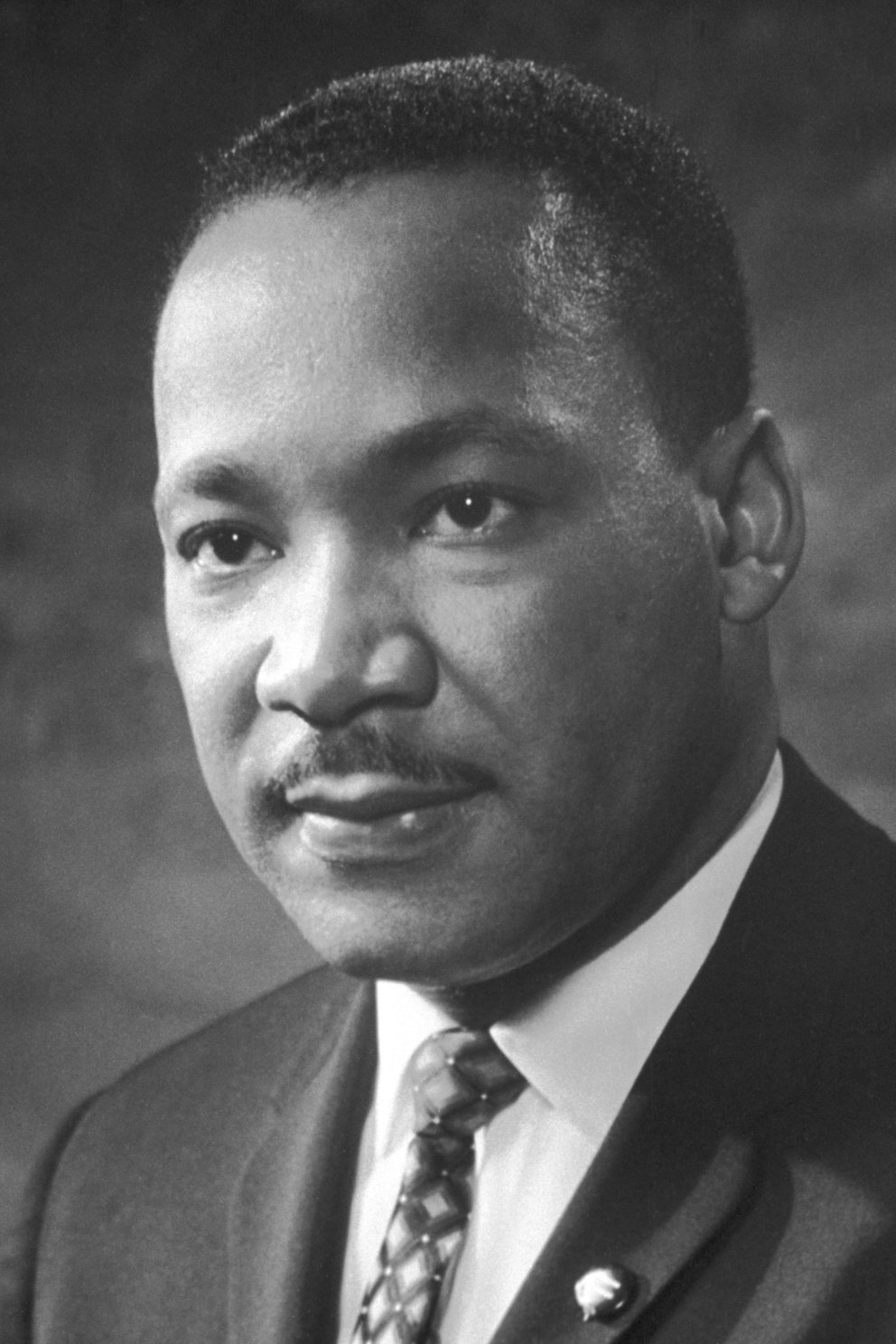Why was Martin Luther King Awarded the Nobel Prize for Peace in 1964?
Exploring the Reasons Behind Martin Luther King Jr.'s Nobel Peace Prize Win
Martin Luther King Jr. Was Awarded the Nobel Prize for Peace in 1964
Martin Luther King Jr., a prominent leader in the American Civil Rights Movement, was given the Nobel Peace Prize in 1964 for his tireless efforts in advocating nonviolent resistance to racial segregation and racial injustice. His remarkable leadership and commitment to the principles of equality, justice, and freedom made a significant impact not only in the United States but also around the world.
 Key Factors That Led to Martin Luther King Jr.’s Nobel Peace Prize
Key Factors That Led to Martin Luther King Jr.’s Nobel Peace Prize
1. Nonviolent Philosophy
One of the pivotal aspects of Martin Luther King Jr.’s work was his advocacy of nonviolent resistance. He drew inspiration from Mahatma Gandhi’s principles of civil disobedience and peaceful protest. King’s commitment to peaceful means of achieving social change resonated deeply with the Nobel Committee’s emphasis on promoting peace through nonviolence.
2. Civil Rights Movement
Martin Luther King Jr. participated actively in the American Civil Rights Movement. He organized and led various campaigns and marches to challenge racial segregation, inequality, and discriminatory laws. His leadership in events like the Montgomery Bus Boycott and the March on Washington demonstrated his dedication to bringing about social justice.
3. Promotion of Equality
King’s dream of a society where individuals are judged by the content of their character rather than the color of their skin captured the hearts of millions. He eloquently articulated his vision in his famous “I Have a Dream” speech, delivered during the March on Washington. His efforts to dismantle racial segregation and institutional racism aligned with the Nobel Committee’s goal of addressing root causes of conflict.
4. Global Impact
Although King’s primary focus was on the United States, his message resonated globally. His advocacy for human rights and equality inspired movements for change in other countries facing racial discrimination. The Nobel Committee recognized that King’s influence extended beyond national borders and contributed to the worldwide struggle for justice.
5. Courage in the Face of Adversity
Martin Luther King Jr. faced numerous threats, arrests, and acts of violence in his pursuit of civil rights. His unwavering courage and steadfastness in the face of danger demonstrated his commitment to his cause. The Nobel Committee acknowledged his resilience and personal sacrifices in the name of social change.
6. Legacy of Peaceful Protest
Martin Luther King Jr.’s approach to social change emphasized the power of love, understanding, and nonviolence. His legacy continues to inspire advocates for justice and equality worldwide to use peaceful means to address societal issues.
In recognition of his exceptional leadership, commitment to nonviolent action, and impact on the advancement of civil rights and equality, Martin Luther King Jr. became the youngest recipient of the Nobel Peace Prize in 1964. His legacy endures as a symbol of hope and a reminder of the enduring power of peaceful resistance in the face of injustice.




